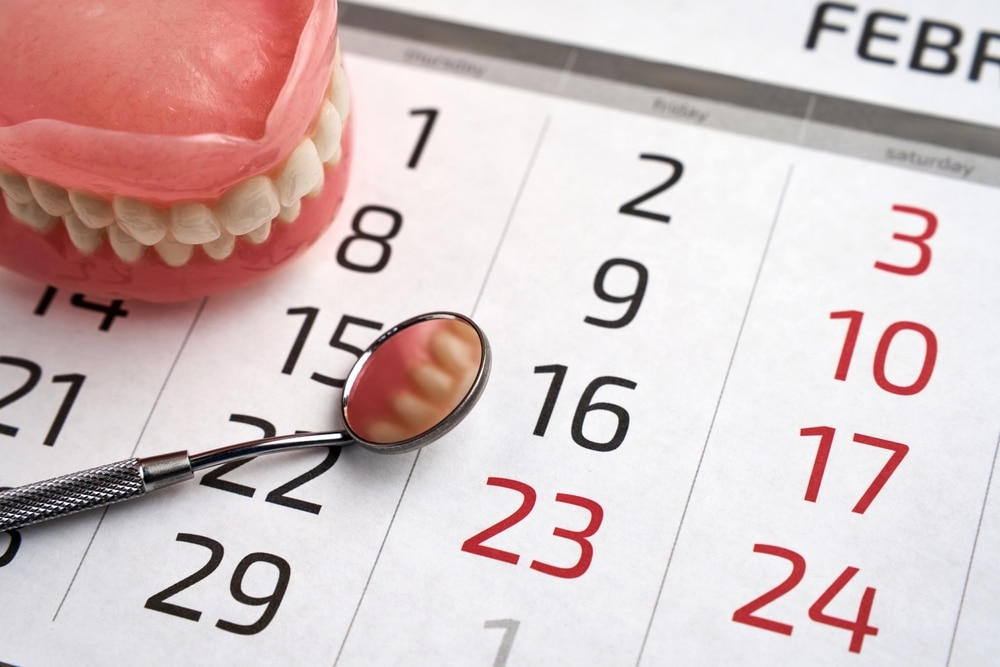As someone who practices dentistry here at Smile League Dental in Joliet, I, Dr. Morolayo Oluyemi (DMD MPH BDS), understand how challenging it can be to determine which dental concerns require urgent care. A toothache that persists despite pain relievers, visible facial swelling, or unexpected bleeding from the gums are not issues to delay. Ignoring these symptoms can result not only in more extensive, costly treatments but also serious health complications. With patients’ long-term wellness in mind, I urge you to recognize the red flags that necessitate prompt attention to avoid further damage and discomfort.
When a tooth becomes painfully sensitive, it often signals an underlying infection or exposed nerve. Similarly, facial or gum swelling may indicate an abscess—a painful pocket of pus that demands immediate intervention. Trauma such as a chipped, cracked, or knocked-out tooth likewise requires quick treatment to preserve the tooth or prevent further injury. Uncontrolled bleeding from the mouth following trauma or dental work may reflect a serious issue needing immediate care. And while persistent bad breath might seem only a social inconvenience, it can sometimes point to infection or other health concerns that benefit from professional evaluation.
What Counts As An Immediate Dental Visit?
Severe And Unrelenting Tooth Pain
A sharp or throbbing toothache that persists despite medications often hints at a serious condition like pulpitis or abscess. According to sources, this is a common sign that emergency dental care is needed.
Sudden Swelling Or Abscess
Swelling around a tooth or in the face, especially if accompanied by pain or a taste of pus in the mouth, may signal an abscess. Left unchecked, this can progress to deep tissue infections or even life-threatening complications like airway blockage.
A Cracked, Broken Or Dislodged Tooth
Any fracture or missing tooth structure makes the tooth highly vulnerable to bacteria and further damage. If a tooth is knocked out, treatment within the hour can dramatically increase the chances of saving it.
Excessive Or Uncontrolled Bleeding
Bleeding that persists after an injury, extraction, or dental procedure is not normal and may indicate a clotting issue or oral trauma requiring urgent care.
Persistent Bad Breath Or Pus Discharge
Chronic bad breath, despite good oral hygiene, can be caused by infection; similarly, soaked or draining pus points to advanced dental infection.
Dental Pain Frequently Asked Questions
What Level Of Tooth Pain Necessitates Immediate Attention?
Any pain that persists or intensifies despite home remedies and analgesics calls for professional care. It could signify an infection or decay reaching critical stages. Early treatment (e.g., root canal therapy) can be decisive.
Is Swelling Around The Jaw Always A Dental Emergency?
Yes, especially if coupled with fever, difficulty swallowing, or spreading redness. This could indicate an abscess or infection spreading to facial tissue (cellulitis or Ludwig’s angina), which may endanger airway safety.
How Soon Must A Knocked-Out Tooth Be Treated?
Ideally within an hour. If managed properly—kept moist and brought to the dentist quickly—reimplantation may succeed, preserving the tooth.
If Gums Bleed Occasionally, Is That Urgent?
Gingival bleeding during brushing can suggest early gum disease. While not always an emergency, frequent or excessive bleeding requires evaluation to prevent progression to periodontitis.
Can Bad Breath Really Be A Reason To See A Dentist Promptly?
Chronic halitosis may stem from infections or dental decay that need treatment. Dismissing it could delay diagnosis of a more serious underlying issue.
Contact Smile League Dental For An Appointment Today
At Smile League Dental, Dr. Morolayo Oluyemi (DMD MPH BDS) and our team are ready to respond promptly to any of these signs. If you or a loved one experiences any of the symptoms outlined above, do not hesitate. Contact the Joliet dentists at Smile League Dental at 815-782-6243 to schedule your consultation. Your oral health matters, and early intervention is often the key to preserving your smile.


Recent Comments